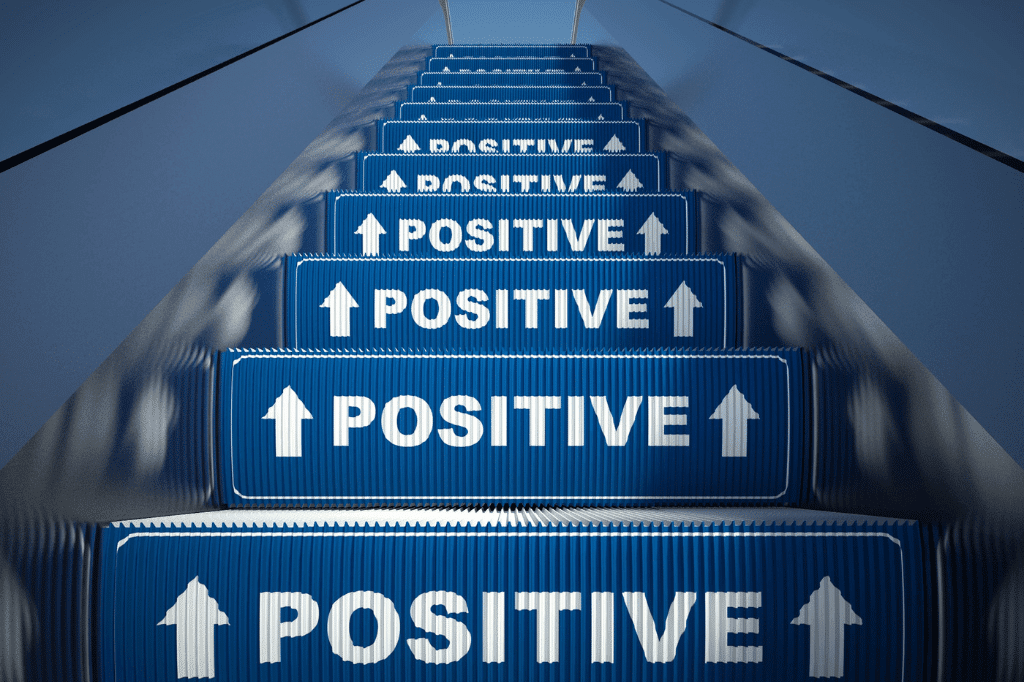30 Proven Strategies on How to Learn Anything Faster
How to learn anything? When it comes to learning, everyone is different. Some people learn best by listening, others by reading and still others through hands-on experience. The truth is, there is no one right way to learn. However, there are some strategies that can help you learn faster and more effectively. In this blog post, we will discuss 30 proven strategies on how to learn anything faster!
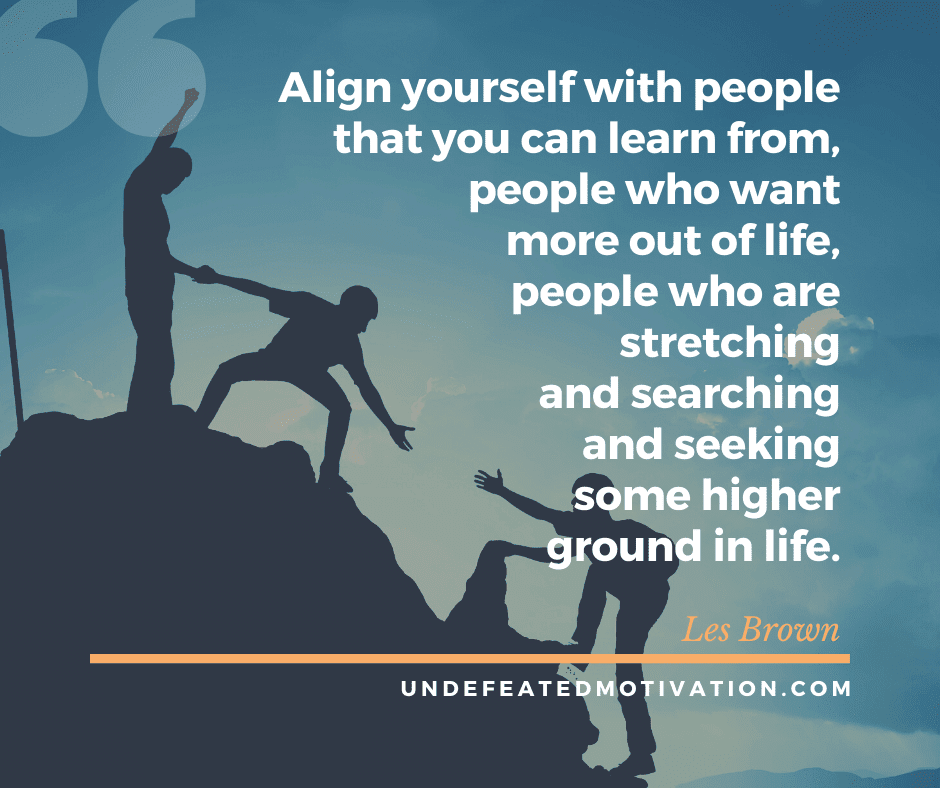
1. Create a learning plan:
One of the best ways to learn anything faster is to have a plan. Breaking down your goals into smaller, more manageable pieces will make the learning process less daunting and help you to stay on track. When creating your plan, be sure to set a timeline for each goal and include how you will measure your progress. It has been proven time and time again that people who have a plan are more likely to achieve their goals.
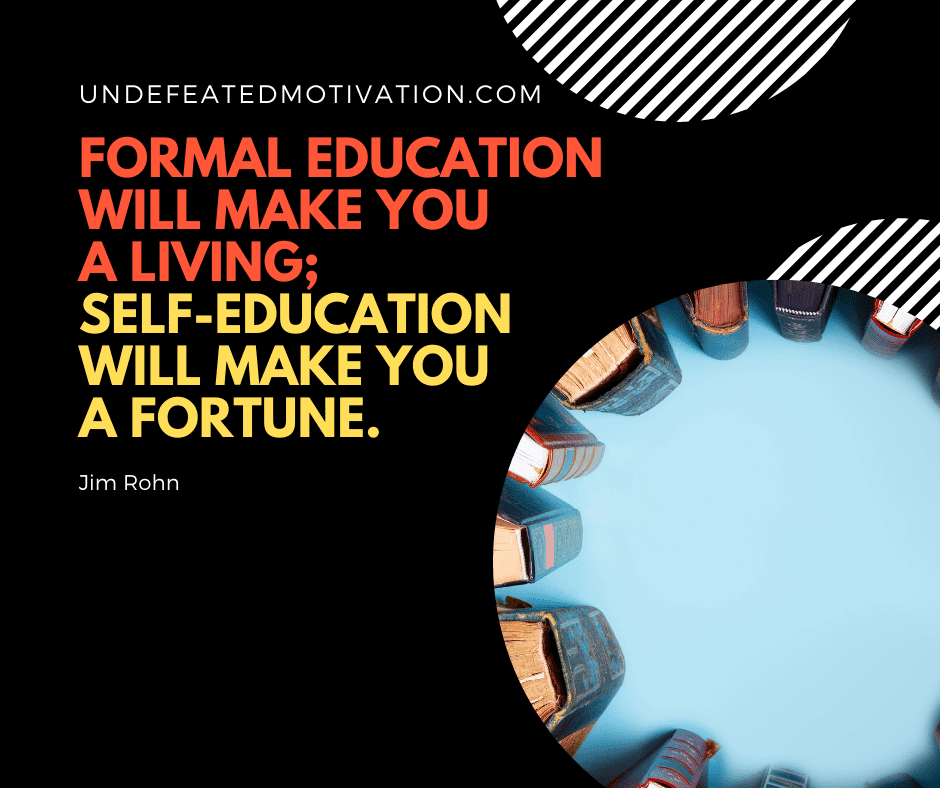
2. Talk to someone who’s already learned it:
One of the best ways to learn anything is to talk to someone who’s already learned it. They can give you insights and tips that you wouldn’t be able to get from a book or article. If you don’t know anyone who knows how to do what you want to learn, try reaching out to someone in an online forum or community.
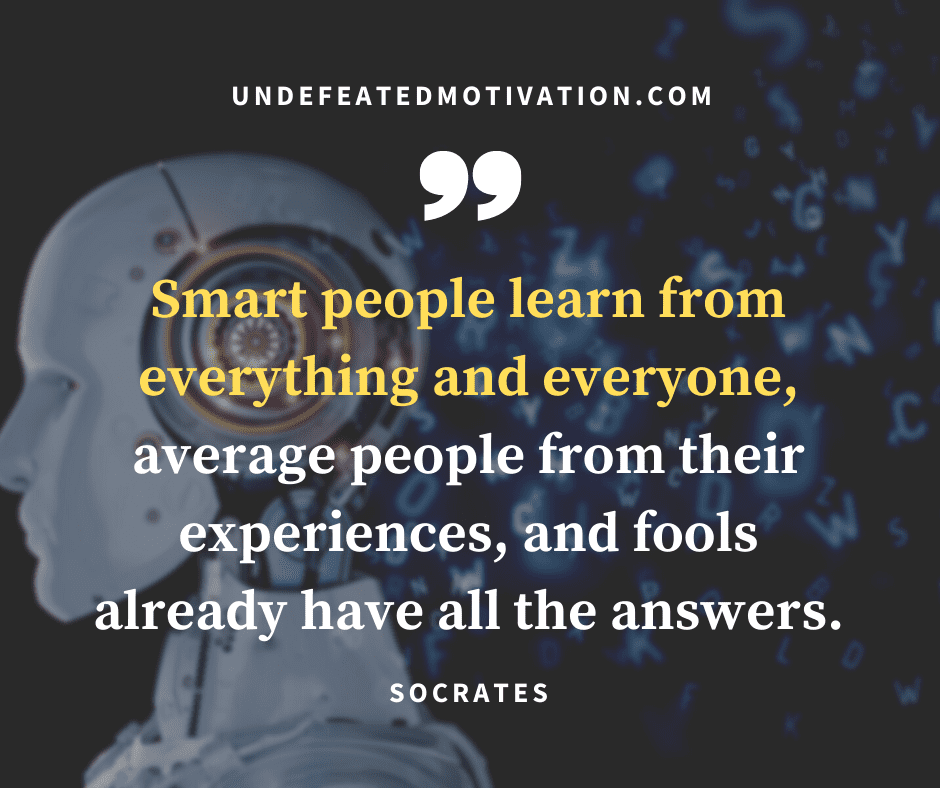
3. Immerse yourself in the learning process:
One of the best ways to learn anything is to immerse yourself in the learning process. If you want to learn a new language, for example, surround yourself with native speakers. If you want to learn how to code, immerse yourself in the world of code by reading blogs, watching video tutorials, and participating in online forums. It has been proven time and time again that immersion is one of the best ways to learn anything.
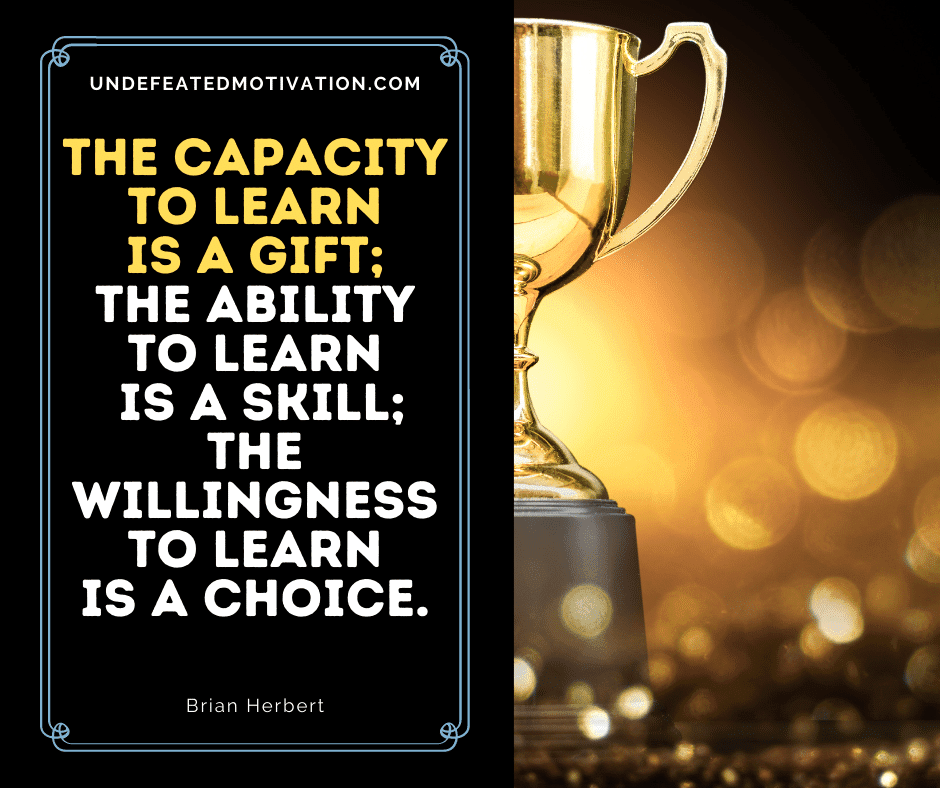
4. Learn in short bursts:
One of the best ways to learn anything is to break down the learning process into short, manageable sessions. Trying to cram everything into one long session will only lead to frustration and burnout. Instead, break down your goals into smaller pieces and focus on one thing at a time. It has been proven that short, consistent study sessions are more effective than longer, infrequent ones.

5. Find a coach:
If you want to learn anything faster, find a coach. A coach can help you to set goals, create a plan, and stay on track. They can also give you feedback and help you to troubleshoot any problems you might be having. If you’re not sure how to find a coach, try reaching out to your network or searching online for someone who specializes in the area you want to learn.

6. Process over performance:
One of the best ways to learn anything is to focus on the process, not the performance. When you’re first starting out, it’s important to focus on how you’re doing, not how well you’re doing. As you progress, you can start to focus on how well you’re doing. But always remember that the process is more important than the performance.

7. Write everything down by hand:
One of the best ways to learn anything is to write it down by hand. When you write something down by hand, you are more likely to remember it. And when you’re trying to learn something new, it’s important to have a record of what you’ve learned. Writing things down by hand also helps you to process the information better.

8. Create a mind map:
One of the best ways to learn anything is to create a mind map. A mind map is a visual representation of the information you want to learn. It can help you to see the relationships between different concepts and how they fit together. Mind maps are also a great way to review what you’ve learned.
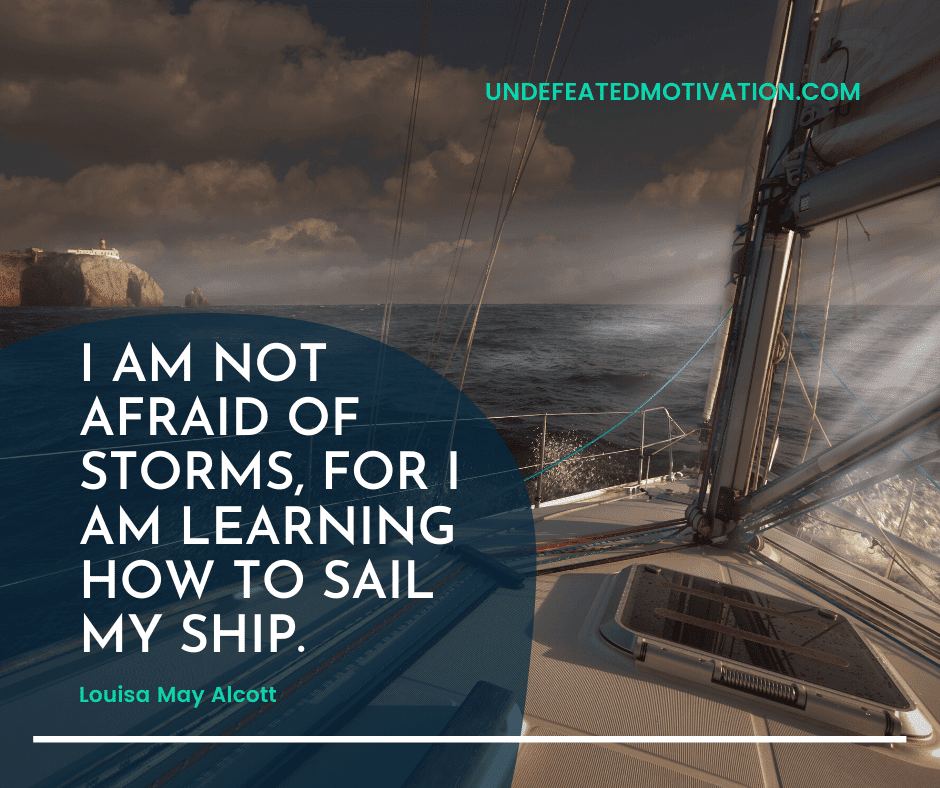
9. Method beats hours:
It doesn’t matter how long you spend trying to learn something if you’re not using the right method. It’s important to find a method that works for you and that you’re comfortable with. There are a variety of methods you can use to learn anything, so find one that suits your learning style. And don’t be afraid to experiment. You might be surprised at how well a new method works for you.
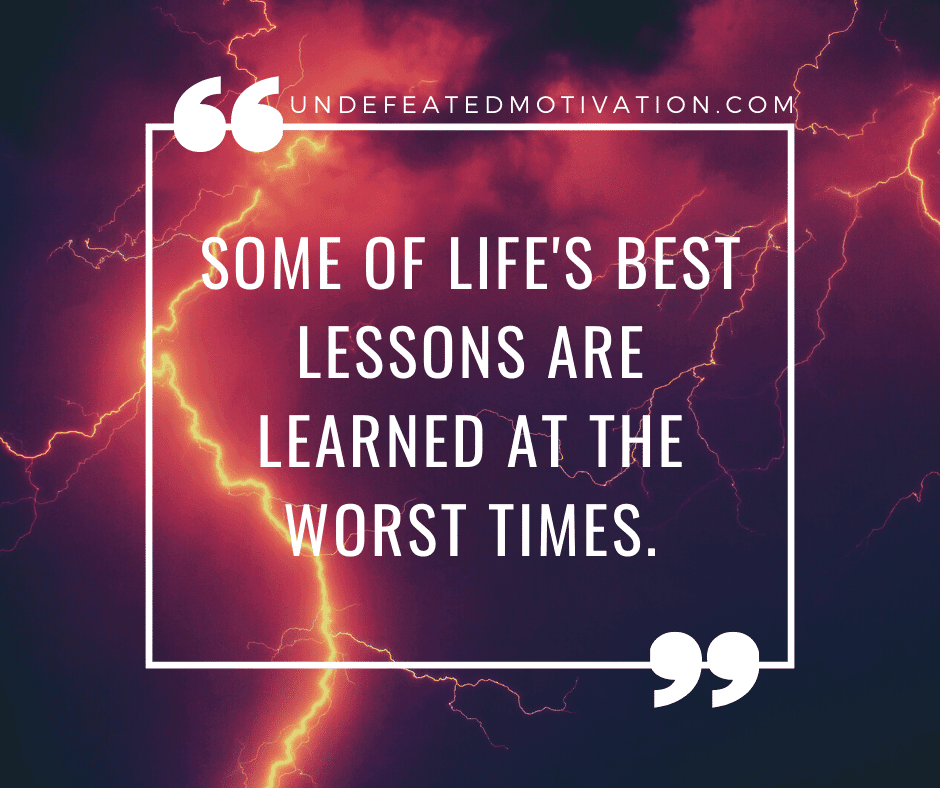
10. Learn by teaching:
One of the best ways to learn anything is to teach it to someone else. When you teach something, you are forced to really understand it. And when you understand something, you are more likely to remember it. So if you want to learn anything faster, find someone who wants to learn it too. You can teach them what you know and learn from them at the same time. It’s a win-win situation.
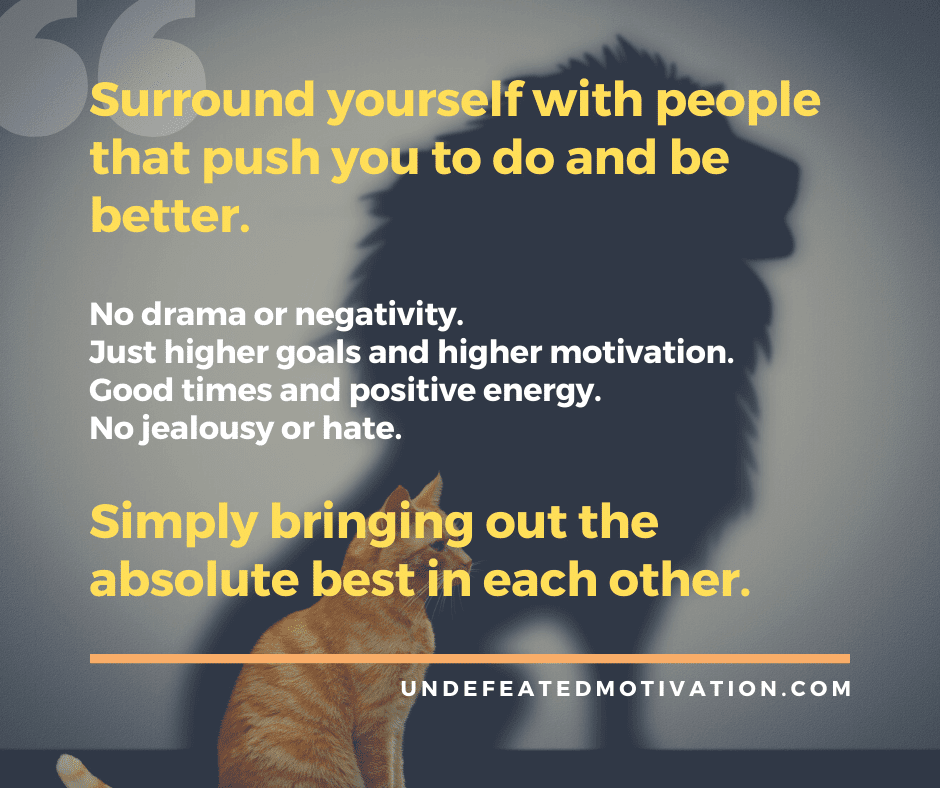
11. Focus on the fundamentals:
One of the best ways to learn anything is to focus on the fundamentals. When you’re first starting out, it’s important to learn the basics. Once you have a solid understanding of the basics, you can start to add more advanced concepts. But always make sure that you understand the fundamentals first. Otherwise, you’ll likely get lost and frustrated.
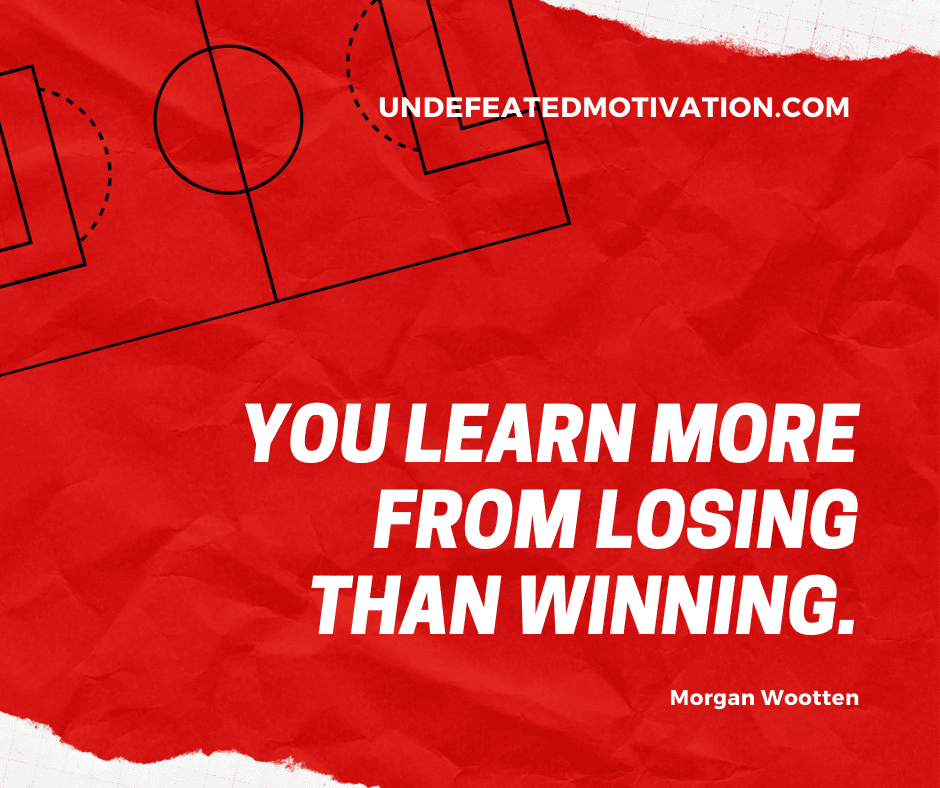
12. Apply the 80/20 rule:
One of the best ways to learn anything is to apply the 80/20 rule. The 80/20 rule says that you should focus on 20% of the material that will give you 80% of the results. In other words, don’t try to learn everything. Just focus on the most important things. By doing this, you’ll save a lot of time and energy. And you’ll be more likely to actually learn the material.
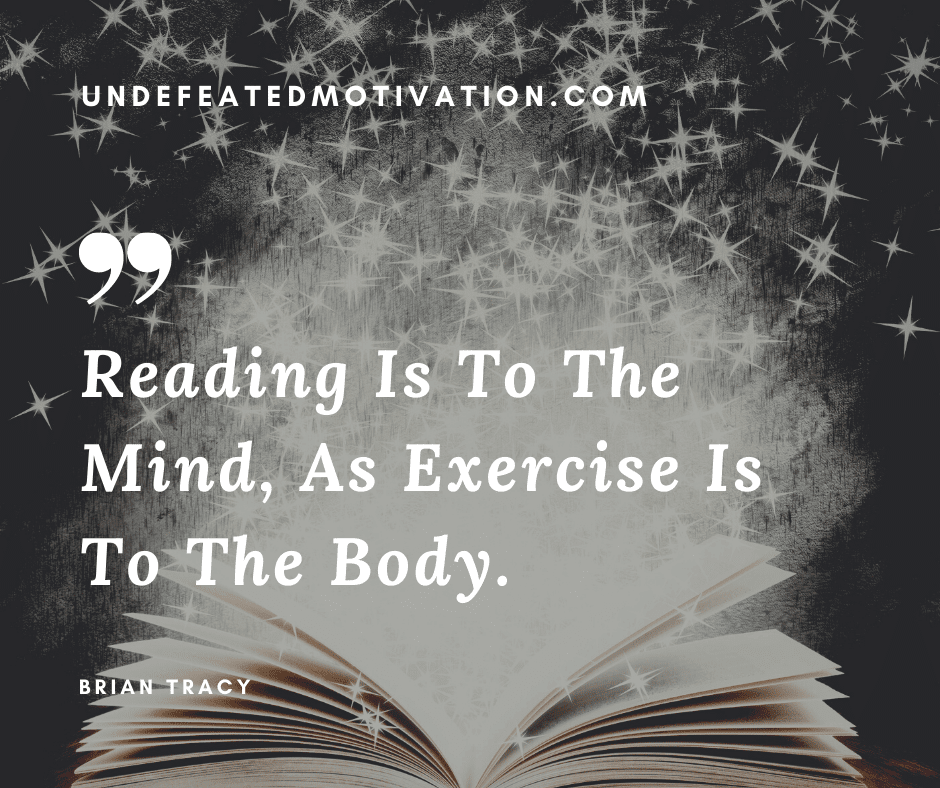
13. Learn by doing:
One of the best ways to learn anything is to learn by doing. If you want to learn how to cook, for example, the best way to do it is to actually cook. The same goes for any other skill you want to learn. If you want to learn how to code, the best way to do it is to actually code. The best way to learn anything is to just jump in and start doing it.

14. Say out loud what you want to remember:
One of the best ways to learn anything is to say it aloud. When you say something out loud, you are more likely to remember it. And when you’re trying to learn something new, it’s important to have a record of what you’ve learned. Saying things out loud also helps you to process the information better.
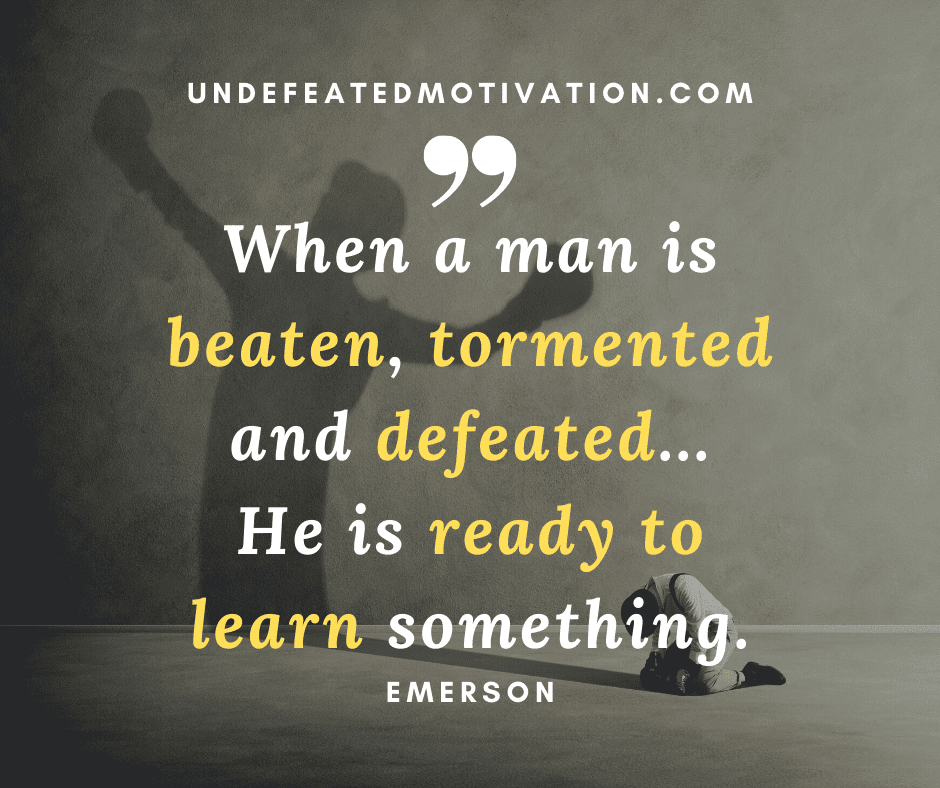
15. Chunk your study sessions:
One of the best ways to learn anything is to chunk your study sessions. Chunking means breaking up your study time into smaller chunks. For example, instead of studying for two hours straight, you would study for 30 minutes and then take a break. This is a much more effective way to learn because it allows you to focus for shorter periods of time. And it also prevents you from getting overwhelmed.
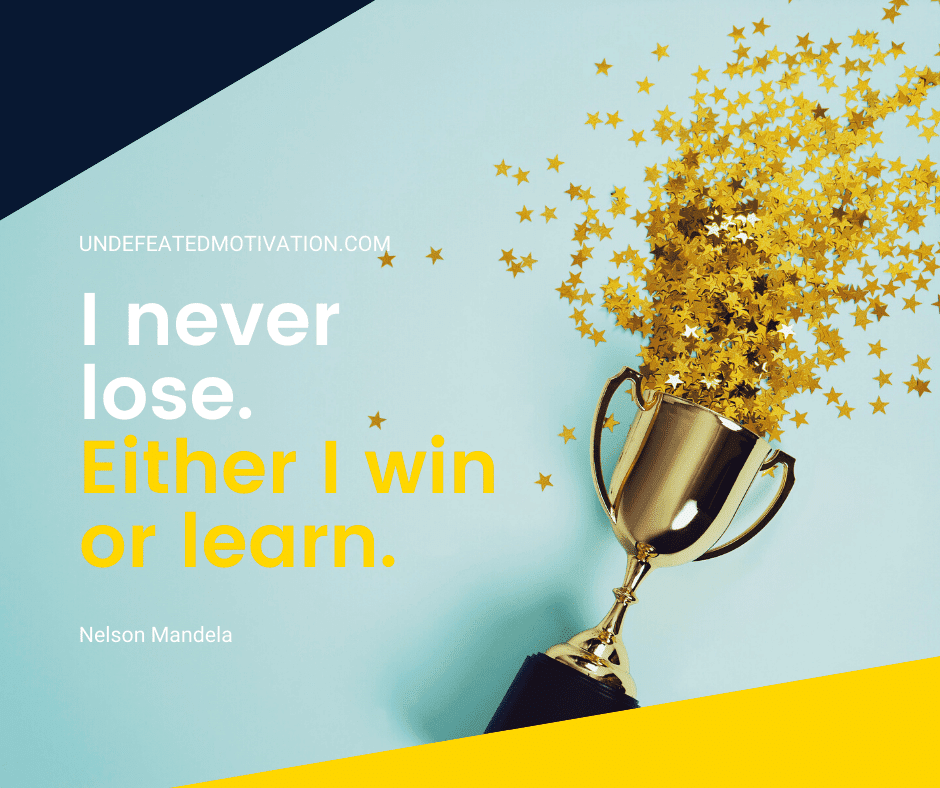
16. Test yourself. A lot:
Another way to learn anything is to test yourself often. This not only allows you to gauge your understanding of the material but also forces you to recall the information which will help cement it in your memory. Try creating practice quizzes or tests and take them under timed conditions to simulate the pressure of a real test. Over time, you will find that testing yourself becomes easier and less stressful.

17. Find a way to self-correct:
When you make a mistake, it is important to find a way to correct yourself. This could mean asking a friend or mentor for help, doing additional research on the topic, or simply re-reading the material. Whatever method you choose, be sure to correct your mistakes quickly so that you do not continue to make them.
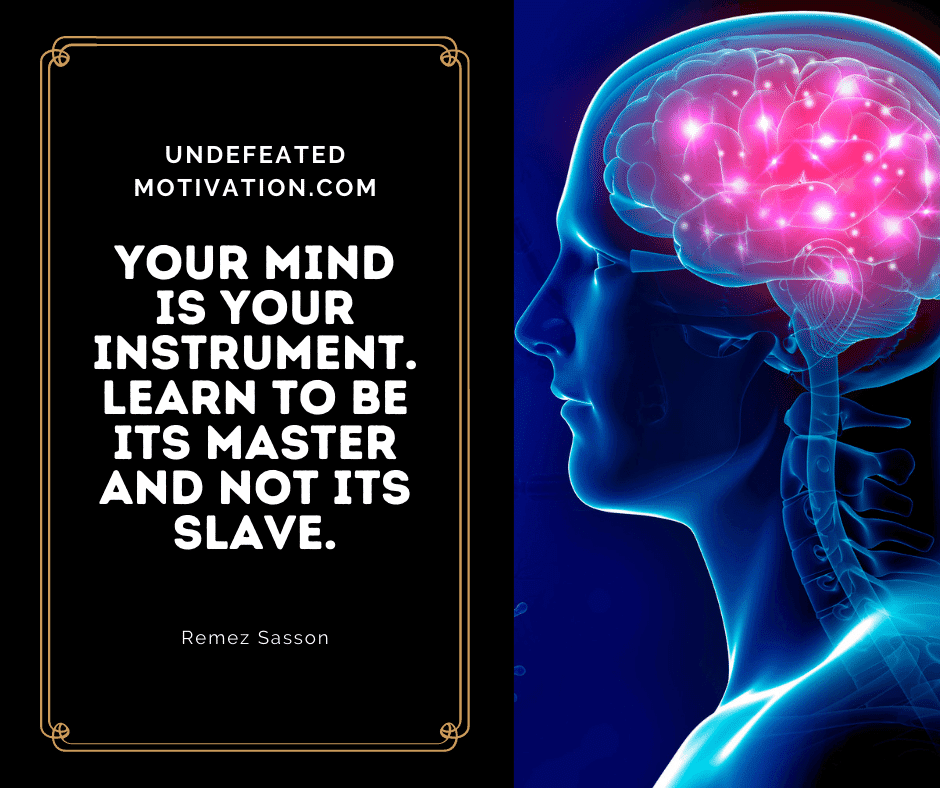
18. Practice consistently:
As with anything in life, practice makes perfect. The more you engage in the learning process, the better you will become at it. Try to find time each day to review what you have learned or to work on new material. Over time, you will notice a significant difference in your ability to learn and retain information.
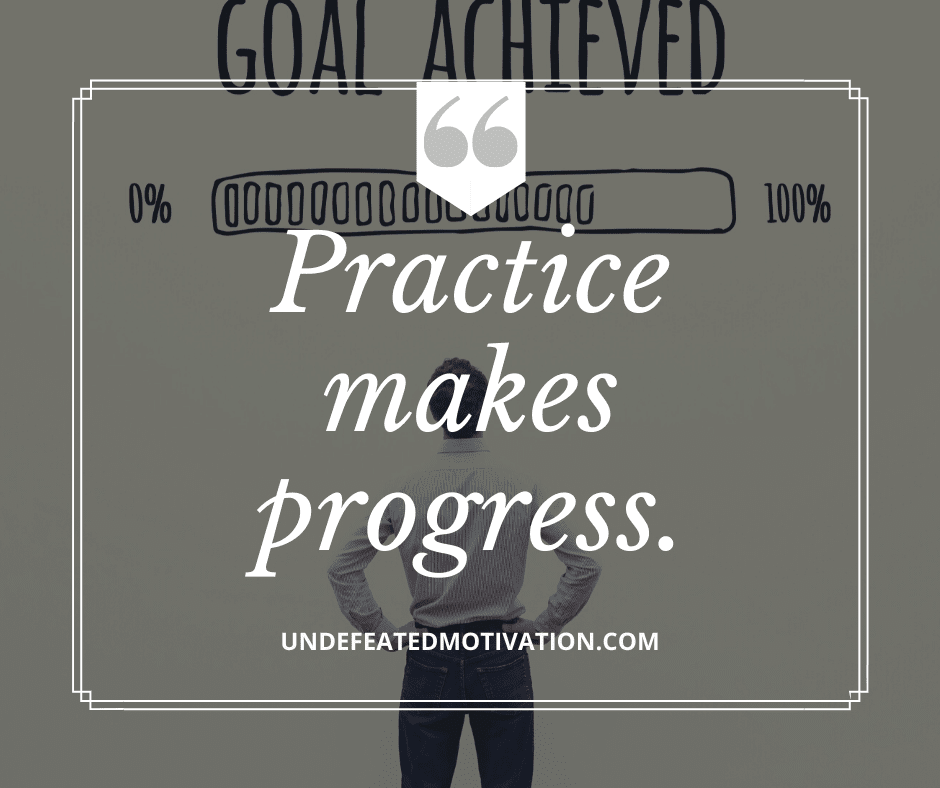
19. Avoid the dip:
The dip is the point at which most people give up on their goals. It is important to avoid this pitfall by staying motivated and focused on your goals. One way to do this is to find a role model or coach who can help you stay on track. Additionally, be sure to reward yourself for your progress along the way. This will help you to stay motivated and focused on your goal of learning anything faster.
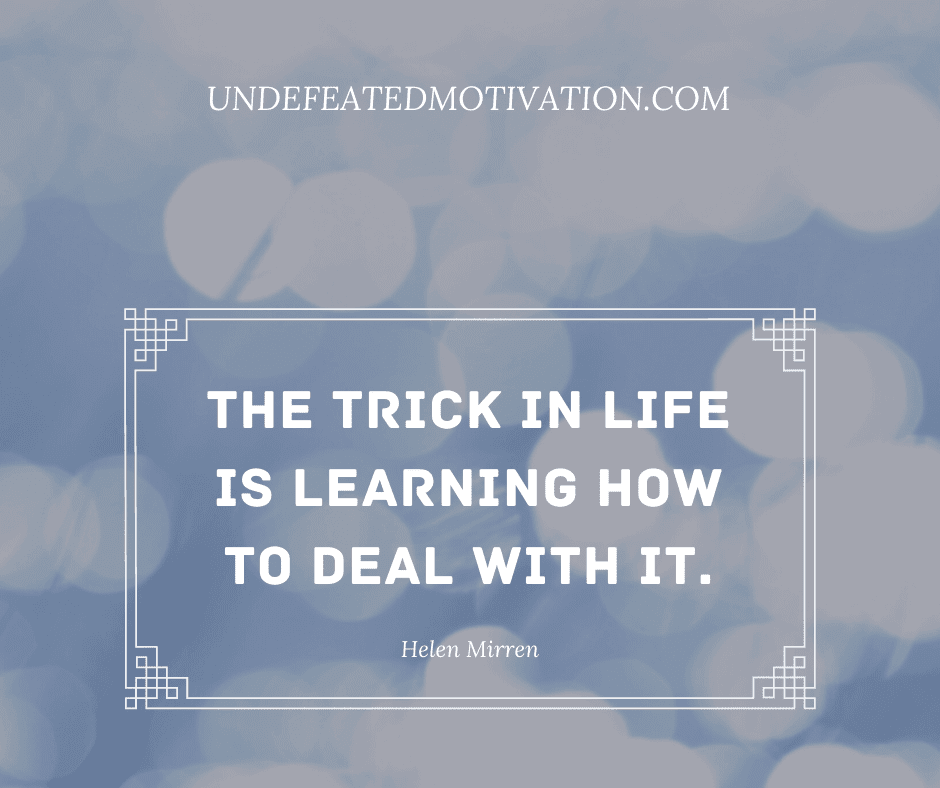
20. Change the way you practice:
If you find that you are not making progress, it may be time to change the way you practice. One way to do this is to vary your practice schedule. Rather than practicing for the same amount of time each day, try varying the length and intensity of your sessions. Additionally, you can change the location of your practice or the time of day. This will help to keep you from becoming bored or burned out.
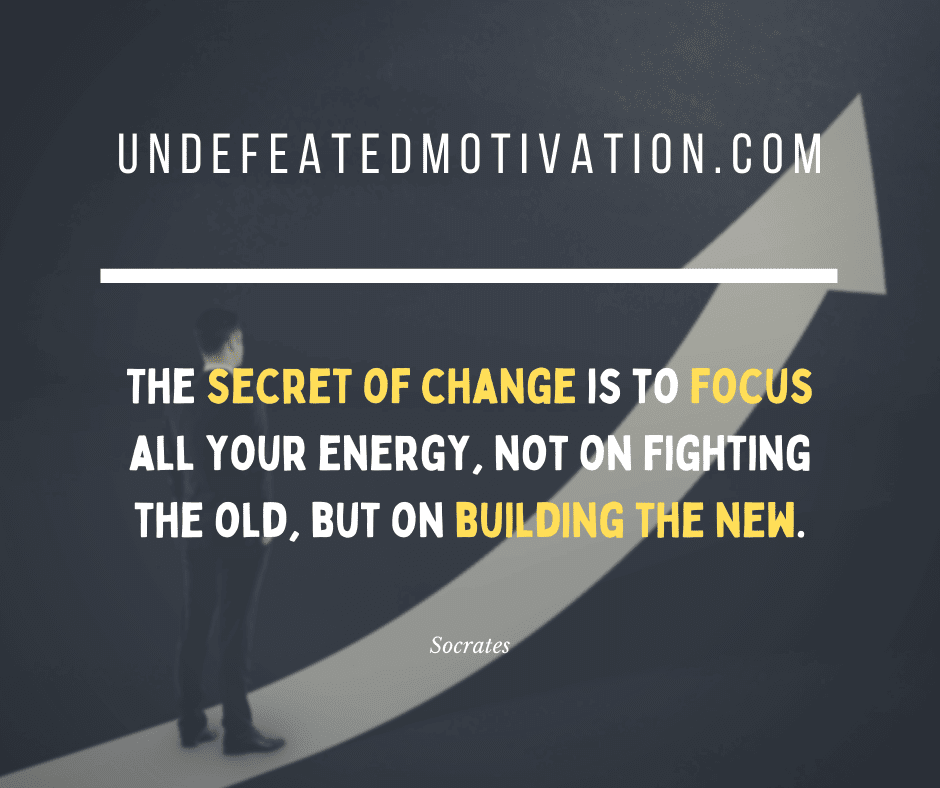
21. Exercise regularly:
Exercise has been shown to improve cognitive function and memory. Additionally, it can help to reduce stress and increase energy levels. As such, it is important to include exercise in your plan for how to learn anything faster. Try to find time each day for a brisk walk, run, or bike ride. You will soon find that you have more energy and focus for your studies.

22. Get more sleep:
Sleep is essential for memory and learning. When you are well-rested, you will be able to focus more easily and recall information more effectively. As such, it is important to get enough sleep when you are trying to learn anything. Be sure to establish a regular sleep schedule and stick to it as much as possible.

23. Learn several subjects in succession:
One way to keep your mind fresh and focused is to learn several subjects in succession. This will help to prevent boredom and allow you to make connections between different concepts. Additionally, you will find that you retain information better when you are constantly learning new things.

24. Build on things you do know:
When you are trying to learn something new, it is important to build on things you already know. This will help you to better understand and remember the new material. Additionally, you will find that it is easier to learn new things when you have a foundation to build upon.

25. Find a study buddy:
Finding a study buddy is one way to make the learning process more enjoyable. This could be a friend, family member, or fellow student. Having someone to study with can help to keep you motivated and on track. Additionally, you will be able to bounce ideas off each other and learn more effectively.
26. Take breaks:
It is important to take breaks when you are trying to learn anything. This will allow you to rest your mind and come back refreshed. Additionally, it is a good opportunity to review what you have learned. Be sure to take a break every 20 minutes or so and try to get up and move around during your break.
27. Reward yourself:
It is important to reward yourself for your accomplishments, no matter how small they may seem. When you give yourself a pat on the back, it not only feels good, but it also Motivates you to keep going. A simple way to do this is to create a rewards system for each goal you reach. For example, if your goal is to learn a new language, you could give yourself a small treat every time you reach a milestone, such as being able to hold a conversation for five minutes or understanding a native speaker.
28. Track your progress:
In order to see how well you are progressing, it is important to track your progress. This can be done in a number of ways, such as keeping a journal, creating a spreadsheet, or using an app. Whichever method you choose, be sure to track your progress on a regular basis so that you can see how far you have come and how much further you have to go.
29. Organize your material:
One of the best ways to learn anything faster is to organize your material in a way that makes sense to you. This might mean creating a mind map, sorting your material by topic, or even just color-coding your notes. Find a method that works for you and stick with it. The more organized your material is, the easier it will be for you to find what you need when you need it.
30. Simplify the material:
Finally, another way to learn anything faster is to simplify the material. This can be done by breaking down complex concepts into smaller, more manageable pieces. For example, if you are trying to learn a new programming language, start by focusing on the basics and slowly adding more complex concepts as you go. By simplifying the material, you will be able to focus on what is truly important and avoid getting overwhelmed.
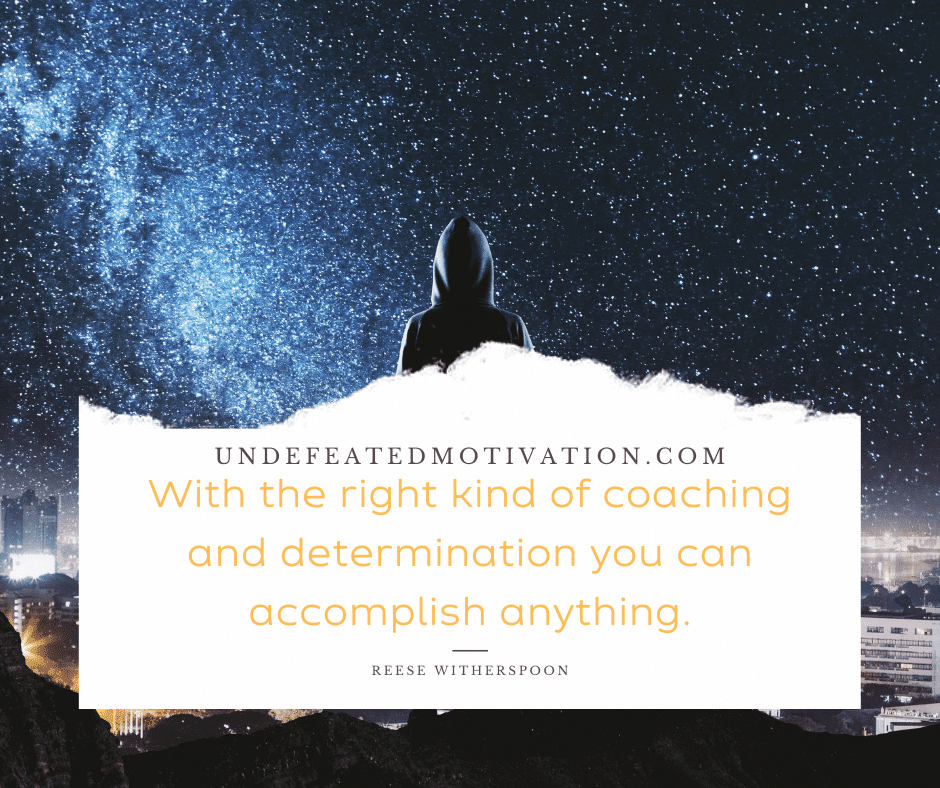
What’s the takeaway?
The takeaway from this blog post is that there are a number of things you can do to learn anything faster. Be sure to get enough sleep, take breaks, reward yourself and track your progress. Additionally, try to find a study buddy and organize your material in a way that makes sense to you. Finally, simplify the material by breaking it down into smaller pieces. By following these tips, you will be well on your way to becoming a master learner.
Do you have any additional tips on how to learn anything faster? Share them in the comments below!
Get more daily on your newsfeed at the Undefeated Motivation FB page or Undefeated Motivation IG page.




